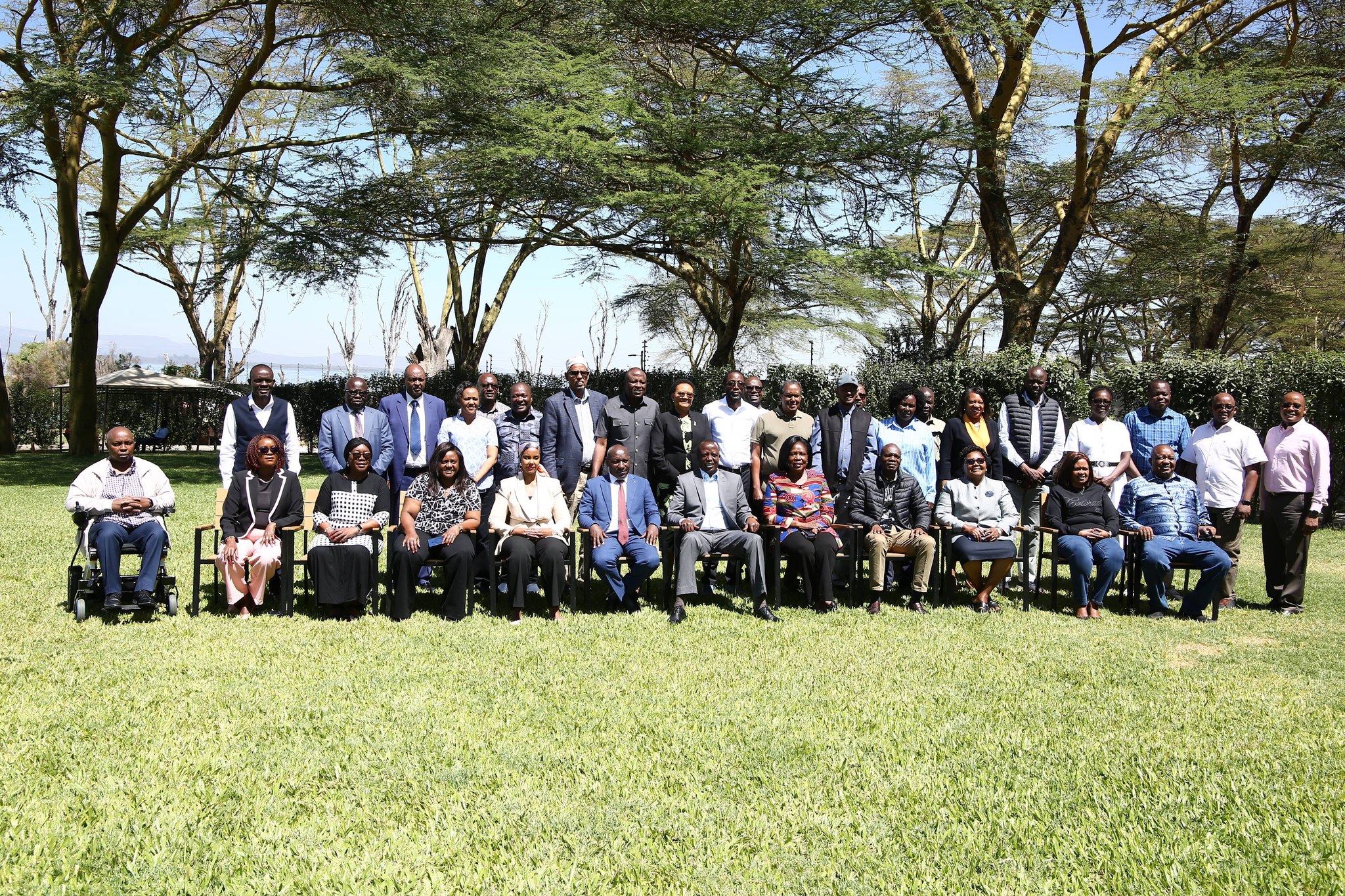Kenya has scored a historic public health victory, with the World Health Organization (WHO) declaring the country free of Human African Trypanosomiasis (HAT), or “sleeping sickness,” as a public health threat, a milestone achieved after decades of relentless research, surveillance, and regional collaboration.
WHO congratulated Kenya’s Ministry of Health (MoH) for the achievement, which was made possible through collaborations with partners such as the Foundation for Innovative New Diagnostics (FIND).
HAT which is caused by blood parasites (Trypanosoma brucei) is transmitted to humans by bites of tsetse flies which have acquired the parasites from infected humans or animals. It predominantly affects rural farming communities.
Speaking at a Ministry of Health press conference on Friday, Prof. Mathu Ndung’u, FIND’s Regional Director in Kenya and Chancellor of Jomo Kenyatta University of Agriculture and Technology (JKUAT) hailed the milestone as a defining moment for the country and his own career.
“This achievement is especially fulfilling to me personally, for this is the disease I have contributed to the most in my professional life – in research, control and elimination,” said Prof. Mathu.
This announcement was met with great excitement at JKUAT, where researchers have long been dedicated to tackling human African trypanosomiasis (HAT) and its devastating impacts particularly the loss of human productivity.
According to Dr. John Kagira, Dean School of Natural Resources and Animal Sciences (SONRAS), this achievement marks a historic milestone for Kenya.
ALSO READ;
Wikondiek Secondary School to be renamed to honor Mama Phoebe Asiyo’s legacy
“This is one of only two diseases to have been successfully eliminated in Kenya in the last 100 years which is a remarkable feat,” he said. “We hope this success can inspire similar progress in other African countries still burdened by HAT, such as the Democratic Republic of Congo (DRC) and the Central African Republic (CAR), where the disease continues to claim lives and livelihoods.”
Dr. Kagira explained that sustained conflict in some of these countries often forces cross-border movement into Kenya, increasing the risk of reintroducing the disease. This, he noted, underscores the need for regional collaboration, continuous surveillance, and targeted interventions to prevent a resurgence.
At JKUAT, around eight scientists drawn from the School of Biomedical Sciences, the School of Public Health, and SONRAS have been actively engaged in surveillance, diagnostics development, and drug research, some dating back to 1985.
Collectively, they have produced more than 100 scholarly works, including journals and books. Dr. Kagira himself has authored over 70 peer-reviewed journal articles and two books on the subject.
The Ministry of Health press conference was attended by Hon. Aden Duale, Cabinet Secretary-Ministry of Health; Ms. Mary Muthoni, Principal Secretary, State Dept. Public Health and Professional Standards; Dr. Patrick Amoth, Director–General Health, Dr Adiele Onyeze, WHO-REP; Dr. Kamene Kimenye, Director–General, Kenya National Public Health Institute (NPHI).
By John Kamau
You can also follow our social media pages on Twitter: Education News KE and Facebook: Education News Newspaper for timely updates.
>>> Click here to stay up-to-date with trending regional stories
>>> Click here to read more informed opinions on the country’s education landscape






